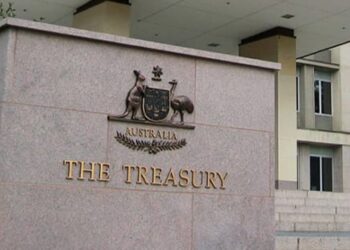Like FOFA, the UK RDR – which took effect on 31 December 2012 – placed restrictions on product commissions for financial advisers, and sought to move the industry to a fee-for-service model.
“Instead of the adviser being paid commission, they now have to explain to you how much advice will cost and together you will agree how you will pay for it,” said a statement from the UK Financial Services Authority championing the RDR reforms.
However, an investigation conducted by The Independent newspaper has found that since the RDR laws took effect, financial advice charges have not necessarily become more transparent.
Undertaking mystery shopping exercises, the researchers contacted 14 financial advice firms, including a mix of “six large firms whose advice was ‘restricted’ to a specific selection of funds,” and “eight small ‘independent’ companies which are free to advise across all available funds.”
The investigation found that only one of the “six large firms” provided full information about its fees – despite the requirements of RDR – while the others either “did not respond, insisted on first meeting the client, or provided scant information,” the report explained.
By contrast, six of the eight “smaller ‘independent’ firms” responded with fee information within 24 hours, indicating greater acceptance of the new regulatory environment.
Furthermore, the smaller ‘independent’ advisories were found to offer better value to the client in terms of charges. “They typically had an initial charge of up to one per cent, with annual charges then ranging from 0.8 per cent to 1.2 per cent, for someone looking to invest [GBP] 250,000,” the report states, compared with up to five per cent in the first year charged by one of the larger advice firms.
“[The research] suggests that people could save up to 1.24 per cent in annual investment and pension charges by shopping around smaller independent financial advice firms,” the report concluded.



